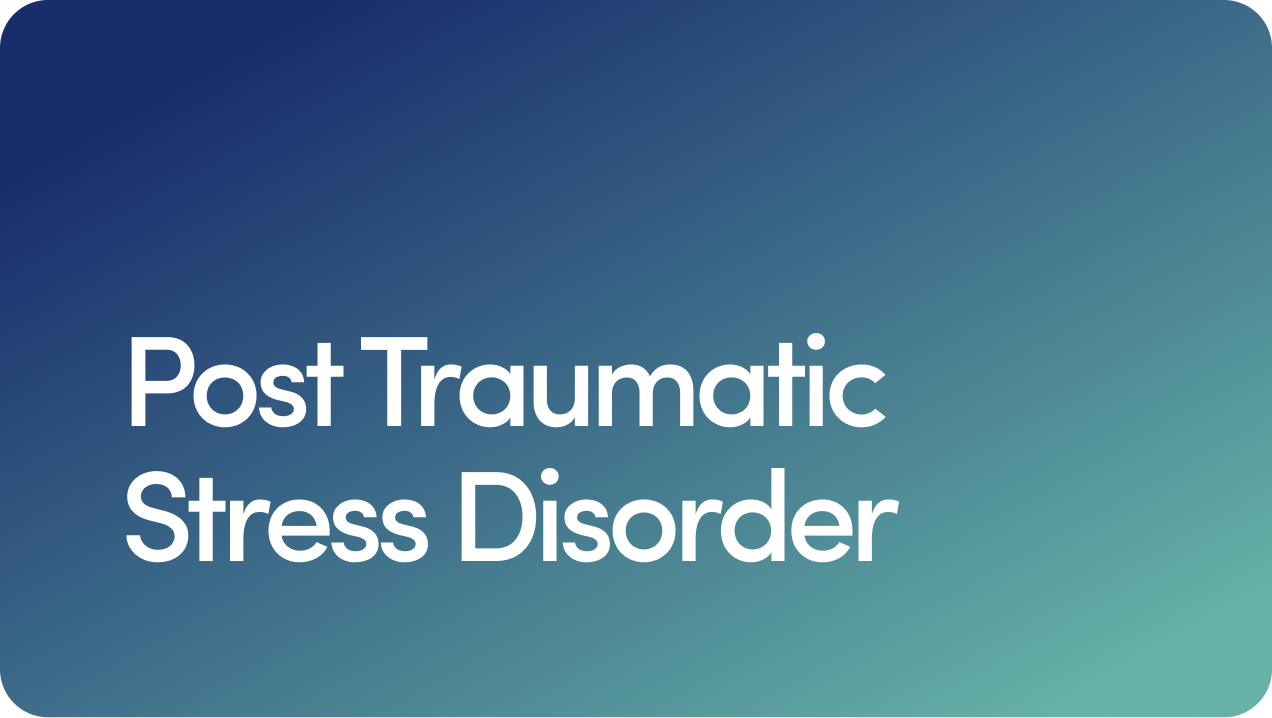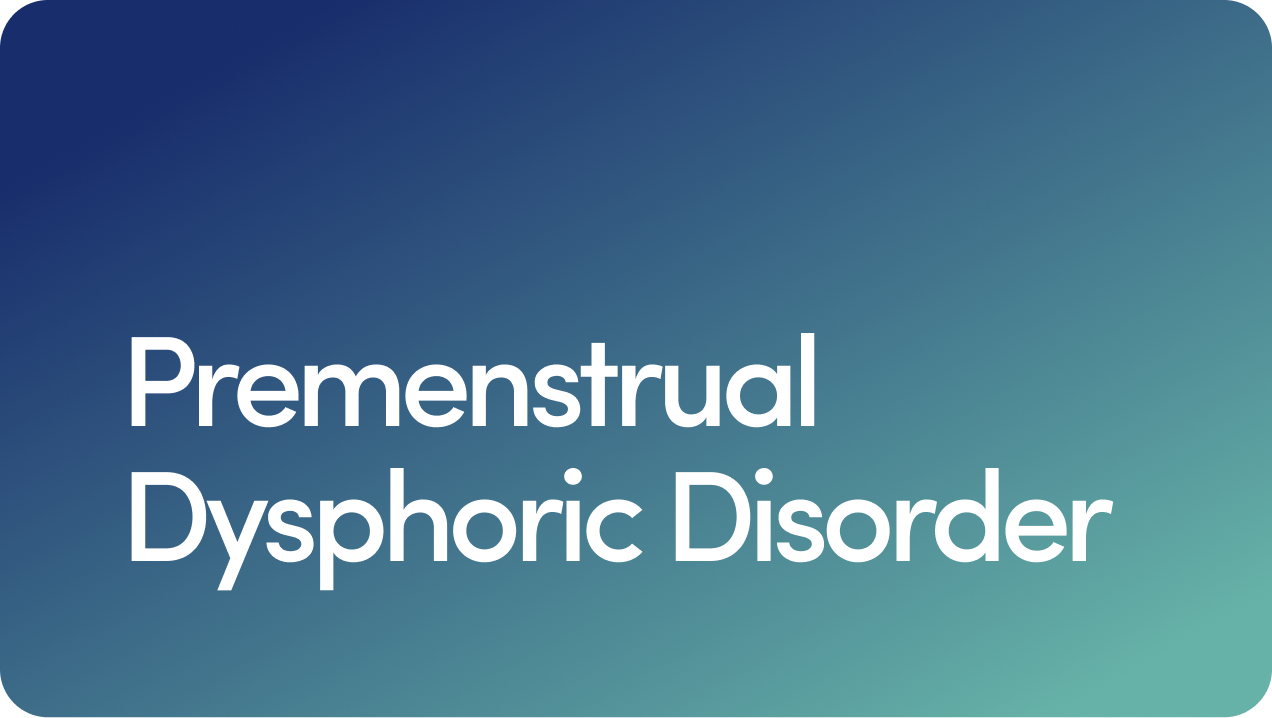Content
Free Mental Health Assessment
BuSpar® vs. Wellbutrin®: What Are The Differences?

BuSpar® and Wellbutrin® are two common medications for mental health disorders, including major depressive disorder (MDD) and generalized anxiety disorder (GAD).
While BuSpar and Wellbutrin are often talked about together, they’re very different medications that treat distinct conditions. BuSpar is almost always used to treat anxiety, while Wellbutrin is primarily used to treat depression.
Although research is limited, some case reports suggest that BuSpar and Wellbutrin may offer benefits when they’re used together.
Below, we’ve explained what BuSpar and Wellbutrin are, as well as how they work as treatment options for anxiety disorders and depression.
We’ve also discussed the main differences between BuSpar and Wellbutrin, from their approved indications to their effects on your body, side effects and more.
Content
What Is BuSpar?
BuSpar is a prescription medication for anxiety. It contains the active ingredient buspirone and works by targeting certain receptors in your brain that are responsible for controlling mood and feelings.
Currently, BuSpar is approved by the FDA as a treatment for generalized anxiety disorder. It’s also used off-label with other medications to treat depression.
BuSpar comes in tablet form and is usually taken twice daily. It’s often used as an alternative to other anxiety medications, many of which can cause side effects and dependence issues when used over the long term.
Many people who take BuSpar previously used selective serotonin reuptake inhibitors (SSRIs) to treat anxiety, but may have stopped treatment due to side effects or a lack of improvement in their anxiety symptoms.
Our guide to medications for anxiety goes into more detail about how buspirone works, as well as how it compares to other anti-anxiety medications.
What Is Wellbutrin?
Wellbutrin is a prescription antidepressant that contains the active ingredient bupropion. It’s part of a class of medications referred to as atypical antidepressants. Wellbutrin works by increasing the levels of natural chemicals that stimulate activity in certain parts of your brain.
Currently, Wellbutrin is approved by the FDA as a medication for major depressive disorder and seasonal affective disorder (SAD), a form of depression that often develops during winter, when sunlight levels are at their lowest.
Bupropion, the active ingredient in Wellbutrin, is also used as a smoking cessation aid, and as a form of off-label treatment for attention deficit hyperactivity disorder (ADHD), obesity, depression associated with bipolar disorder and antidepressant-induced sexual dysfunction.
Wellbutrin comes in tablet form as an immediate or extended-release medication. It’s used three to four times per day, or one to two times per day in sustained or extended-release forms.
BuSpar and Wellbutrin are fundamentally different medications, and they’re prescribed to treat different mental health conditions.
BuSpar is a medication for anxiety. It’s generally prescribed when other medications for anxiety are ineffective or cause side effects. It can produce real, noticeable improvements in symptoms of anxiety, and it may offer benefits when it’s used alongside SSRIs to treat depression.
However, BuSpar isn’t an antidepressant, and it is not prescribed on its own to treat depression or other conditions that involve depression symptoms.
Wellbutrin, on the other hand, is an antidepressant. It’s prescribed to treat depressive disorders, such as major depression and seasonal affective disorder. Many people affected by depression use Wellbutrin when other antidepressants are ineffective or cause side effects.
However, Wellbutrin is generally not used to treat generalized anxiety disorder or other anxiety disorders. In fact, some people who are prescribed Wellbutrin for depression report developing higher levels of anxiety as a side effect of treatment.
BuSpar and Wellbutrin are both prescription medications. If you have depression or an anxiety disorder, your healthcare provider will select the most appropriate medication for you based on your needs and medical history.
BuSpar Side Effects
Although BuSpar is often prescribed for its reduced side effect profile compared to other drugs for anxiety, it can still cause adverse effects.
Common side effects of BuSpar include:
Dizziness
Headache
Fatigue
Confusion
Excitement
Nausea
Nervousness
Headache
Numbness
Weakness
Lightheadedness
Excessive sweating
Difficulty sleeping or staying asleep
Feelings of anger or hostility
BuSpar can also cause drug interactions when used in combination with other medications, including antidepressants such as monoamine oxidase inhibitors (MAOIs).
To keep yourself safe while using BuSpar, make sure to tell your healthcare provider about any medications you currently use or have used within the last 14 days.
Related read: BuSpar® and Pregnancy: What Are the Risks?
Wellbutrin Side Effects
Wellbutrin is often prescribed to people with depression for its low risk of causing side effects in comparison with conventional antidepressants, including the sexual side effects that often occur with SSRIs and tricyclic antidepressants (TCAs).
However, Wellbutrin can still cause adverse effects, including some that may be bothersome or persistent.
Common side effects of Wellbutrin include:
Dizziness
Blurred vision
Abnormal dreams
Confusion
Drowsiness
Headache
Nervousness
Outbursts of anger
Excitement
Numbness
Paresthesia (burning or prickling sensation)
Chest pain
Excessive sweating
Nasal congestion
Sore throat
Nausea
Diarrhea
Tremor
Physical weakness
Musculoskeletal pain
Elevated liver enzymes
Like other antidepressants, Wellbutrin may contribute to an elevated risk of suicidal ideation in young adults.
One advantage of Wellbutrin is that it isn’t associated with sexual side effects (like reduced sex drive and difficulty reaching orgasm), which often occur with SSRIs. In fact, Wellbutrin is a common treatment option for sexual issues caused by other antidepressant drugs.
Wellbutrin can interact with other medications, including other antidepressants, clopidogrel and medications that lower seizure threshold. Medications that affect the enzyme CYP2B6 may also affect Wellbutrin.
Like with all prescription medications, it’s important to inform your healthcare provider about any medications you currently use or have recently used before starting treatment with Wellbutrin.
BuSpar and Wellbutrin are two widely-used and effective medications for anxiety disorders and depression, respectively. However, they’re not the only options that are available if you’ve been diagnosed with an anxiety disorder or clinical depression.
Other medications for the treatment of depression and anxiety include:
Benzodiazepines. These fast-acting medications are used to treat generalized anxiety disorder, panic disorder and other forms of anxiety. They’re generally effective, but can be habit-forming and often cause withdrawal symptoms when stopped abruptly.
Selective serotonin reuptake inhibitors. Referred to as SSRIs, these medications are commonly used to treat clinical depression. Many SSRIs can also reduce the severity of anxiety symptoms, making them helpful for treating anxiety disorders.
SSRIs are often used as long-term treatments for anxiety, as they can take two to four weeks to start working. Many SSRIs can cause withdrawal symptoms when treatment is stopped abruptly.Other antidepressants. Many other classes of antidepressants are used to treat major depression, including serotonin-norepinephrine reuptake inhibitors (SNRIs), monoamine oxidase inhibitors, tricyclic antidepressants and others.
Our list of antidepressants provides more information about these medications and their effects on depression symptoms.Beta-blockers. These medications, which are used to treat high blood pressure, work by slowing down your heart and reducing some physical symptoms of anxiety, such as trembling, shaking or a rapid heartbeat.
Beta-blockers are mostly used to treat situational anxiety, such as performance anxiety that can develop before a speech, presentation or other public events.
Our guide to the best anti-anxiety medications goes into more detail about how medications for anxiety work and explains your options if you’ve been diagnosed with an anxiety disorder.
BuSpar and Wellbutrin are both effective, widely-used prescription medications, but they work in different ways and are generally used for different psychiatric disorders.
As a medication for anxiety, BuSpar can improve the symptoms of generalized anxiety disorder and enhance your quality of life if you’re prone to anxiety. However, BuSpar isn’t used on its own as a treatment for depression.
Wellbutrin, on the other hand, is often an effective treatment for depression and, as a generic, a helpful aid for quitting smoking. However, it’s not as effective as existing medications for anxiety and generally isn’t used as an anxiety medication.
If you’re worried that you may have anxiety or depression and want to take action, the best thing to do is to talk to your healthcare provider and get medical advice about your treatment options.
Your healthcare provider will carefully assess the potential risks and benefits of each treatment, then prescribe the medication that’s most appropriate for you. They may also recommend taking part in a form of talk therapy, such as cognitive behavioral therapy (CBT).
Make sure to closely follow your healthcare provider’s recommendations and inform them if you develop any side effects or feel that your current medication isn’t working well for you.
Anxiety, depression and other mental illnesses are remarkably common. They can affect people of all ages and cause everything from occasional feelings of anxiety or sadness to severe panic attacks, mood changes and other symptoms that severely affect your wellbeing.
If you think you may have a psychiatric illness, it’s important to seek help from a licensed mental health provider.
We offer a range of mental health services, including online psychiatry, therapy and anonymous support groups.
We also offer FDA-approved medications for treating anxiety and depression, including generic bupropion XL (the active ingredient in Wellbutrin XL®).
8 Sources
Hims & Hers has strict sourcing guidelines to ensure our content is accurate and current. We rely on peer-reviewed studies, academic research institutions, and medical associations. We strive to use primary sources and refrain from using tertiary references.
- Fava, M. (2007). The Combination of Buspirone and Bupropion in the Treatment of Depression. Psychotherapy and Psychosomatics. 76, 311-312. Retrieved from https://www.karger.com/Article/Abstract/104708
- Wilson, T.K. & Tripp, J. (2022, March 16). Buspirone. StatPearls. Retrieved from https://www.ncbi.nlm.nih.gov/books/NBK531477/
- Bupropion. (2018, February 15). Retrieved from https://medlineplus.gov/druginfo/meds/a695033.html
- Huecker, M.R., Smiley, A. & Saadabadi, A. (2022, May 2). Bupropion. StatPearls. Retrieved from https://www.ncbi.nlm.nih.gov/books/NBK470212/
- Buspirone. (2019, April 15). Retrieved from https://medlineplus.gov/druginfo/meds/a688005.html
- LABEL: BUSPAR- buspirone hydrochloride tablet. (2016, May 25). Retrieved from https://dailymed.nlm.nih.gov/dailymed/drugInfo.cfm?setid=33accd6b-10a6-5bd3-e054-00144ff88e88
- Anxiety Disorders. (2022, April). Retrieved from https://www.nimh.nih.gov/health/topics/anxiety-disorders
- Depression. (2018, February). Retrieved from https://www.nimh.nih.gov/health/topics/depression
This article is for informational purposes only and does not constitute medical advice. The information contained herein is not a substitute for and should never be relied upon for professional medical advice. Always talk to your doctor about the risks and benefits of any treatment. Learn more about our editorial standards here.
Jill Johnson, FNP
Dr. Jill Johnson is a board-certified Family Nurse Practitioner and board-certified in Aesthetic Medicine. She has clinical and leadership experience in emergency services, Family Practice, and Aesthetics.
Jill graduated with honors from Frontier Nursing University School of Midwifery and Family Practice, where she received a Master of Science in Nursing with a specialty in Family Nursing. She completed her doctoral degree at Case Western Reserve University.
She is a member of Sigma Theta Tau Honor Society, the American Academy of Nurse Practitioners, the Emergency Nurses Association, and the Air & Surface Transport Nurses Association.
Jill is a national speaker on various topics involving critical care, emergency and air medical topics. She has authored and reviewed for numerous publications. You can find Jill on Linkedin for more information.
Related Articles
Related Conditions
 Anxiety
Anxiety
 Depression
Depression
 OCD
OCD
 PTSD
PTSD
 Bipolar Disorder
Bipolar Disorder
 Premenstrual Dysphoric Disorder
Premenstrual Dysphoric Disorder